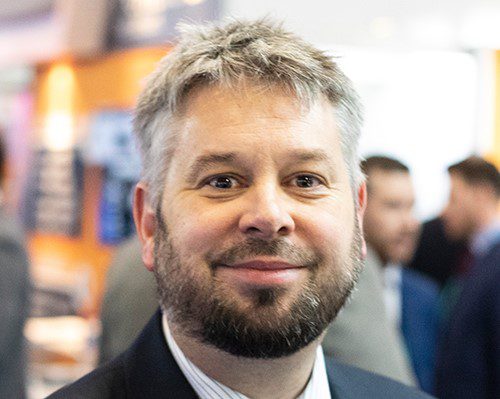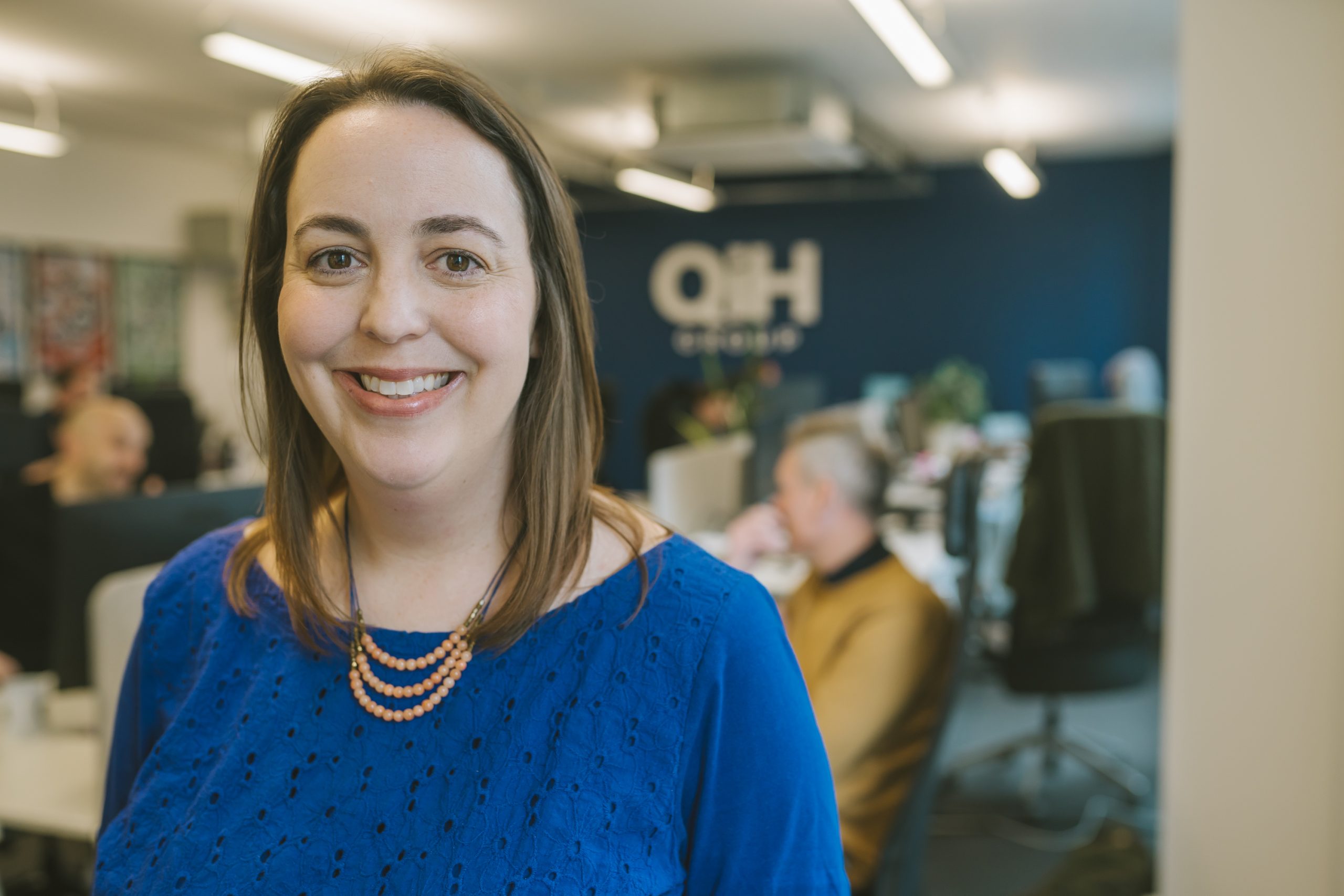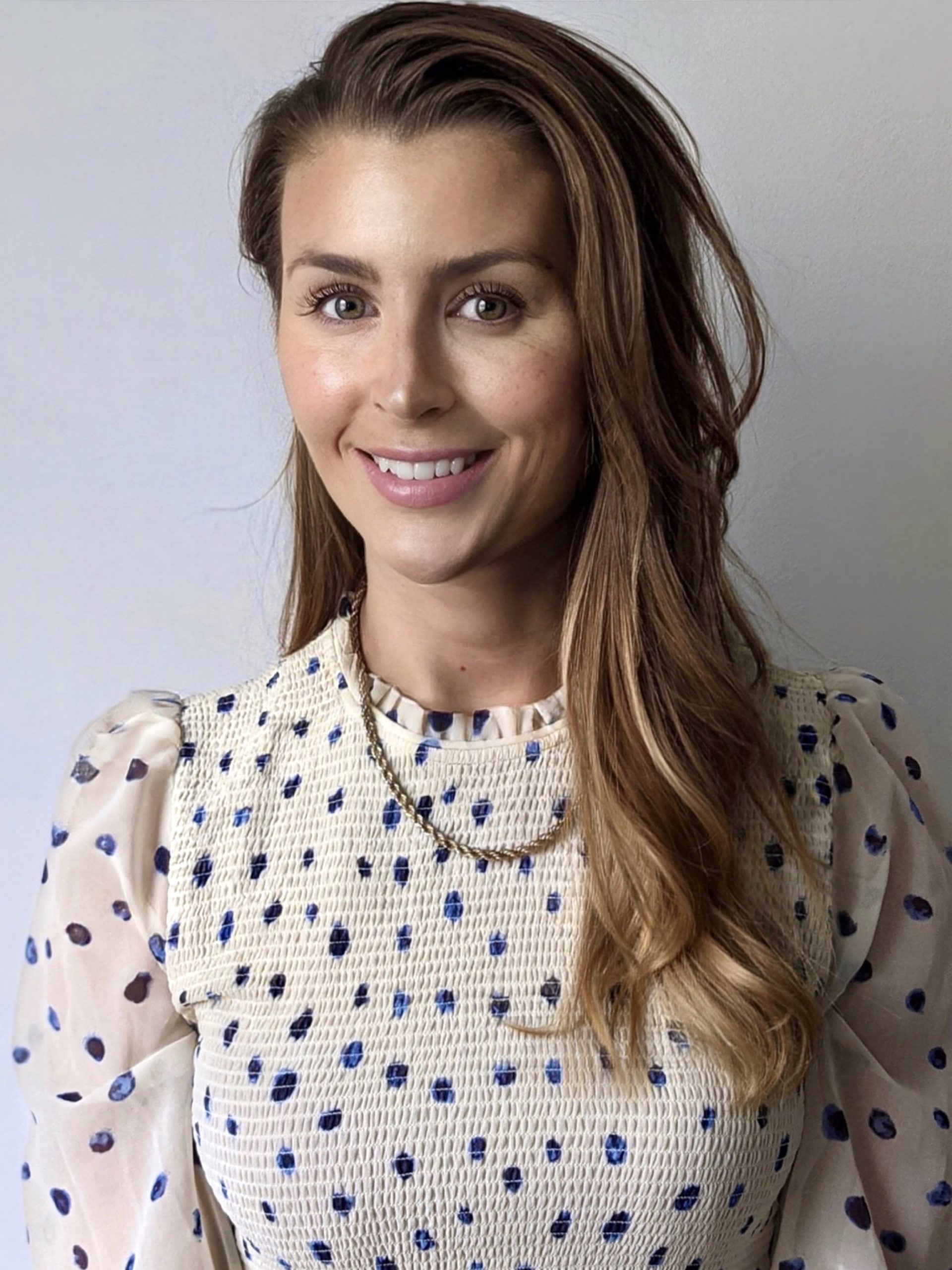When Pentasia was asked for a panel at ICE London to put together a presentation on how the gaming industry could foster more diverse and inclusive environments earlier this year, its starting point was to survey its extensive database of senior gaming executives on how their companies were tackling this issue.
One response Pentasia chose to highlight in its presentation was: “As a company we are looking outside the industry for people with drive and interest, rather than only gaming-specific experience.”
It may be an obvious point, but given that the gaming industry has a long-established gender diversity issue, there’s little chance this will ever change unless companies are willing to hire people who don’t have experience in the industry.

Thankfully, according to Pentasia’s managing director of recruitment, Alastair Cleland, companies in the gambling industry are increasingly open to the idea.
“We are now more often being given briefs by medium-sized and tier one gaming companies that specify we must produce a diverse shortlist,” he says. “In such cases, we will usually point out that they may need to be willing to consider candidates from outside gaming and in most cases they are.”
“This is especially true for roles that are industry agnostic, for example, in HR, finance, tech and operations. Where it gets trickier is when the role is something like a casino product director – these roles will typically still require industry experience.”
Transferable skills
Andrea Talreja, head of HR at affiliate and white label operator QiH Group, says QiH Group has a similar view.
“For a regulatory or compliance role, industry knowledge is vital, especially with the changing legal landscape in our biggest market of the UK,” she says. “But there are some roles where experience from other industries can be just as useful – digital marketing for one.
“In fact, sometimes we’ve found that not only can being open to such candidates help improve our gender balance, it can also bring fresh thinking into the company.”

Of course, being open to such hires and actually finding suitable candidates are two separate matters. Both Cleland and Talreja say that when they advertise roles, the majority of applicants tend to be male.
Getting a diverse shortlist together can therefore also involve more time-consuming processes. This is typically some mix of headhunting, making use of referrals and social media outreach. This also might involve laborious searches through databases such as LinkedIn.
Widely beneficial
When it works, however, it can pay off – not just for employers, but also for new hires. Anna Mackenzie, data scientist at predictive sports modelling and data collection company Pythia Sports, is a case in point.
After finishing her engineering degree in 2017, Mackenzie followed the fairly well-trodden path of heading out to Australia. But rather than embark on typical gap year work, she began exercising race horses for horse trainer Clinton McDonald.
She already had some experience in the field, having ridden for a trainer in England part-time around her studies. After a six-month stint in Australia, Mackenzie returned to the UK and started a career in investment banking.
However, she found herself uninspired by the industry and decided to learn more about coding, something she’d dabbled in at university. Because of her love of horses, she used horse racing data to teach herself modelling skills. She secured a data scientist role at a consulting firm, before a recruiter stumbled across her unusual background and headhunted her for her current role.

Standing out from the crowd
“This recruiter had obviously done some sort of niche search for data science and horse racing and landed on my profile. When he described the job here, it seemed like my dream role and I couldn’t say no,” she explains.
Now just over a year into the role, she says it has definitely lived up to its promise.
“Compared to my previous roles, here I get a lot of freedom to research new ideas and see them put into practice. A lot of the projects I’ve worked on have been things I was interested in personally before working here, so it has very much turned out as well as I had hoped.”
Because of her background, she was less concerned about working in an industry that is still admittedly male-dominated.
“I read engineering at university and there were about 100 students in my year but only 20 were women. Then I worked in investment banking, which was very male dominated. That environment was very macho and old school, but my experience here has been totally different. The team is great and it is a really nice place to work.”
Virtuous circle
Mackenzie is also part of the Women in Data Science group. Here, she is involved in meeting younger women who are interested in getting into the field and helping them with career advice.
QiH Group’s Talreja says the more women who enter gaming, the more it leads to interest from other diverse applicants.
“However, once you have a decent gender balance in your workforce – and ours is now getting close to 50/50 – it becomes much easier to demonstrate to applicants that diversity and inclusion is a priority for the business and that everyone will have a fair chance to succeed and progress within the company.
“It’s very difficult to attract females or people from ethnic minority groups into your business if you don’t already have any.”
Original article: https://igamingbusiness.com/people/recruitment/diversity-in-gaming/















